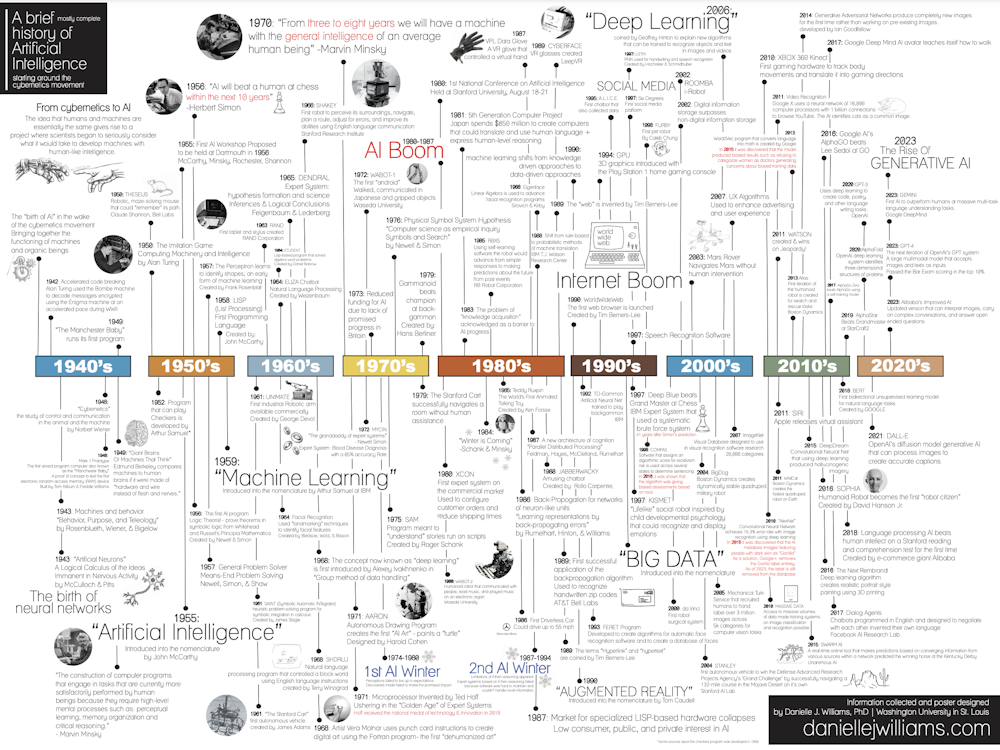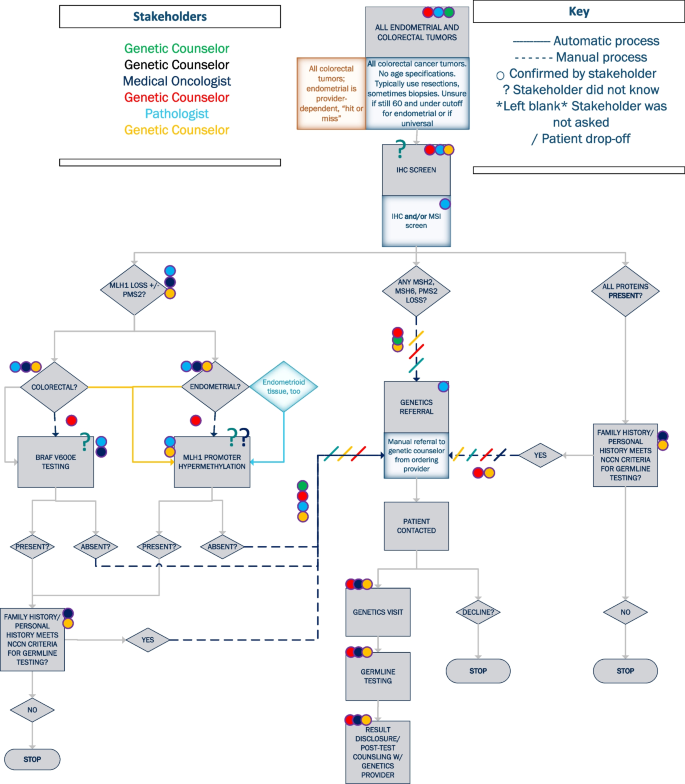Beyond Basic PDF Conversion: How PageOn.ai Transforms Web Content into Dynamic Visual Documents
Transform Static Webpages into Intelligent Visual Narratives
I've spent years wrestling with Chrome's PDF converters, watching formatting break and layouts collapse. Today, I'm excited to share how modern tools like PageOn.ai are revolutionizing the way we transform web content into powerful visual documents that actually communicate, not just capture.
The Evolution of Web-to-PDF Technology
When I first started converting webpages to PDF in Chrome, the process was simple: Ctrl+P, select "Save as PDF," and hope for the best. But as our digital needs evolved, I realized we needed more than just static snapshots of web content.

The limitations of traditional Chrome PDF converters became increasingly apparent in my work. Broken layouts, missing interactive elements, and lost formatting plagued every conversion. Modern professionals need tools that understand content, not just capture it.
The Paradigm Shift
PageOn.ai represents a revolutionary approach: transforming fuzzy web content into clear visual narratives. It's not about conversion anymore—it's about intelligent content transformation that preserves meaning while enhancing communication.
PDF Conversion Evolution
The journey from basic printing to intelligent transformation:
graph LR
A["Browser Print
2000s"] --> B["PDF Extensions
2010s"]
B --> C["Cloud Converters
2015s"]
C --> D["AI-Powered Tools
2020s"]
D --> E["Visual Intelligence
PageOn.ai"]
style A fill:#f9f9f9,stroke:#333,stroke-width:2px
style B fill:#fff4e6,stroke:#ff8000,stroke-width:2px
style C fill:#ffe6e6,stroke:#ff4444,stroke-width:2px
style D fill:#e6f3ff,stroke:#4488ff,stroke-width:2px
style E fill:#ff8000,stroke:#ff4444,stroke-width:3px,color:#fff
Understanding Traditional Web-to-PDF Methods
Browser-Based Printing
Chrome's built-in PDF feature remains the most accessible option. Simply pressing Ctrl+P (or Command+P on Mac) opens the print dialog where you can select "Save as PDF" as your destination. While quick and convenient, I've encountered numerous issues with this approach.
✅ Advantages
- • No installation required
- • Quick one-click conversion
- • Works on any website
- • Free and always available
❌ Limitations
- • Formatting often breaks
- • Missing interactive elements
- • Poor handling of responsive designs
- • Limited customization options
Popular Chrome Extensions Landscape
Chrome Extension Feature Comparison
Comparing top-rated PDF conversion extensions:
According to the Chrome Web Store statistics, extensions like PrintFriendly serve over 3.4K users daily, demonstrating the massive demand for better PDF conversion tools.
Desktop Solutions
Adobe Acrobat and tools like wkhtmltopdf offer advanced options for multi-page websites. These solutions provide better control over the conversion process, including the ability to capture entire websites with multiple levels of navigation.

The PageOn.ai Advantage: Visual Intelligence Beyond Conversion
Core Transformation Capabilities
🎨 Vibe Creation Method
What excites me most about PageOn.ai is its Vibe Creation feature. Instead of simply converting static web content, I can use voice or text commands to generate structured presentations that tell a story.
For instance, when I say "Convert this product page into a visual comparison guide," PageOn.ai automatically creates a narrative flow from raw webpage data, complete with visual hierarchies and engaging transitions.
AI Blocks Architecture
Building documents like LEGOs with modular content blocks:
graph TD
A[Web Content Input] --> B[AI Analysis]
B --> C[Content Blocks]
C --> D[Header Block]
C --> E[Text Block]
C --> F[Image Block]
C --> G[Chart Block]
C --> H[Video Block]
D --> I[Visual Document]
E --> I
F --> I
G --> I
H --> I
I --> J[PDF Export]
I --> K[Presentation]
I --> L[Web Page]
style A fill:#f9f9f9,stroke:#333,stroke-width:2px
style B fill:#ff8000,stroke:#ff4444,stroke-width:2px
style I fill:#66BB6A,stroke:#333,stroke-width:2px
Deep Search Integration
PageOn.ai's Deep Search capability automatically discovers and integrates relevant assets. When I convert a webpage, it doesn't just capture what's there—it enriches the content with:
- Relevant charts and visualizations from credible sources
- Supporting images that enhance understanding
- Context-aware data that adds depth to the narrative
- Automatic citation formatting for academic integrity

This intelligent enhancement transforms simple webpage captures into comprehensive, visually-rich documents that communicate effectively. When working with PDF to PPT online conversions, PageOn.ai maintains this visual intelligence throughout the transformation process.
Practical Implementation: From Web to Visual PDF
Quick Start Guide
Voice Command Magic
My favorite workflow: I simply say "Convert this product page into a visual comparison guide" and watch as PageOn.ai transforms the content into a structured, visually appealing document.
- Set up PageOn.ai: Connect your browser and enable voice commands
- Navigate to target webpage: Open the content you want to convert
- Activate voice command: Use natural language to describe your needs
- Customize with AI Blocks: Drag and drop to restructure sections
- Enhance with Deep Search: Let AI find and add supporting visuals
- Export as PDF: Choose from multiple format options
Advanced Techniques
Time Savings Comparison
Comparing conversion time for a 10-page website:
Multi-Page Website Strategies
When converting entire websites, I've developed a systematic approach:
Site Mapping
Create visual site maps from navigation structures, automatically organizing content hierarchies
Batch Processing
Combine multiple URLs into cohesive presentations with consistent branding
Integration with existing workflows is seamless. I often combine PageOn.ai with Google Slides to PDF conversions for maximum flexibility.
Real-World Applications and Use Cases
Business and Marketing
🎯 Competitor Analysis
I regularly convert competitor websites into strategic analysis documents, complete with visual comparisons and market positioning charts.
💼 Sales Presentations
Transform product pages into compelling sales presentations that highlight key features and benefits visually.
📚 Training Materials
Convert technical documentation into interactive training materials that engage learners.
📊 Case Studies
Build visual case studies from blog content, adding charts and infographics automatically.
Academic and Research

In academic settings, I've found PageOn.ai invaluable for:
- Converting research papers into visual summaries for quick review
- Creating study guides from educational websites with automatic highlighting
- Building visual bibliographies with proper citation formatting
- Transforming Wikipedia articles into interactive learning materials
The ability to summarize PDF online and then enhance them with visual elements has revolutionized my research workflow.
Content Creation and Documentation
Content Transformation Workflow
From blog posts to multi-format content:
graph LR
A[Blog Post] --> B[PageOn.ai Processing]
B --> C[Social Media Calendar]
B --> D[Email Newsletter]
B --> E[Video Script]
B --> F[Infographic]
B --> G[PDF Guide]
style A fill:#f9f9f9,stroke:#333,stroke-width:2px
style B fill:#ff8000,stroke:#ff4444,stroke-width:3px
style C fill:#42A5F5,stroke:#333,stroke-width:2px
style D fill:#66BB6A,stroke:#333,stroke-width:2px
style E fill:#FFD700,stroke:#333,stroke-width:2px
style F fill:#FF6347,stroke:#333,stroke-width:2px
style G fill:#9370DB,stroke:#333,stroke-width:2px
Optimization Strategies for Best Results
Pre-Processing Tips
Pro Tip: Clean Before Converting
I always use browser developer tools (F12) to remove unwanted elements like ads, pop-ups, and navigation bars before conversion. This ensures a cleaner final PDF.
- Remove distractions: Use ad blockers and element removers
- Optimize images: Compress large images before conversion
- Handle dynamic content: Wait for JavaScript to fully load
- Check responsive design: Choose the best viewport size
PageOn.ai Workflow Optimization
Impact of Optimization Techniques
Quality improvements from various optimization strategies:
Creating Reusable Templates
I've built a library of AI Block templates for common conversion scenarios:
Article Template
For blog posts and news
Product Template
For e-commerce pages
Data Template
For analytics and reports
Post-Processing Enhancement
After conversion, I enhance my PDFs with:
- Interactive elements for better engagement
- Bookmarks and navigation for easy access
- Annotations and comments for collaboration
- Version control for tracking changes
Comparing Solutions: Making the Right Choice
Feature Comparison Matrix
| Feature | Browser Print | Extensions | Adobe | PageOn.ai |
|---|---|---|---|---|
| Speed | ⭐⭐⭐⭐⭐ | ⭐⭐⭐⭐ | ⭐⭐⭐ | ⭐⭐⭐⭐⭐ |
| Format Preservation | ⭐⭐ | ⭐⭐⭐ | ⭐⭐⭐⭐ | ⭐⭐⭐⭐⭐ |
| Customization | ⭐ | ⭐⭐⭐ | ⭐⭐⭐⭐ | ⭐⭐⭐⭐⭐ |
| Visual Enhancement | ❌ | ❌ | ⭐⭐ | ⭐⭐⭐⭐⭐ |
| AI Intelligence | ❌ | ❌ | ⭐ | ⭐⭐⭐⭐⭐ |
When to Use Each Solution
🖨️ Browser Print Feature
Best for: Quick one-page conversions when format isn't critical
🔧 Chrome Extensions
Best for: Batch processing multiple pages with basic formatting needs
📑 Adobe Acrobat
Best for: Professional documents requiring advanced PDF features
🚀 PageOn.ai
Best for: Creating visual narratives, presentations, and intelligent document transformation

Future-Proofing Your Web-to-PDF Workflow
Emerging Technologies
The future of web-to-PDF conversion is incredibly exciting. I'm seeing revolutionary developments in:
Future Technology Integration
The convergence of AI, AR/VR, and document processing:
graph TD
A["Current State
2024"] --> B["AI Understanding
2025"]
B --> C["Real-time Collaboration
2026"]
C --> D["Voice-First Workflows
2027"]
D --> E["AR/VR Integration
2028"]
B -.-> F[Context Analysis]
C -.-> G[Multi-user Editing]
D -.-> H[Natural Language]
E -.-> I[Immersive Documents]
style A fill:#f9f9f9,stroke:#333,stroke-width:2px
style B fill:#ff8000,stroke:#333,stroke-width:2px
style C fill:#42A5F5,stroke:#333,stroke-width:2px
style D fill:#66BB6A,stroke:#333,stroke-width:2px
style E fill:#FFD700,stroke:#333,stroke-width:2px
🤖 AI-Powered Understanding
Future tools will understand content context, automatically restructuring information based on audience and purpose.
🎯 Real-Time Collaboration
Multiple users will edit converted documents simultaneously, with AI mediating conflicts and suggesting improvements.
Building a Sustainable Content Pipeline
I've developed a comprehensive strategy for scaling web-to-PDF workflows:
- Integrate PageOn.ai with existing tools: Connect with your current tech stack
- Create organizational knowledge bases: Build searchable repositories of converted content
- Automate recurring tasks: Set up triggers for regular conversions
- Scale from individual to enterprise: Implement team-wide workflows and permissions
The combination of PageOn.ai with tools for PDF to Google Slides for presentations creates a complete ecosystem for content transformation.

Transform Your Web Content Strategy Today
We've journeyed from basic browser printing to intelligent visual transformation. The paradigm shift from simple conversion to content intelligence represents more than just technological advancement—it's a fundamental change in how we communicate information.
PageOn.ai doesn't just convert webpages to PDF; it elevates them into powerful communication tools that engage, inform, and inspire. By combining AI intelligence with visual design principles, we're no longer limited by the constraints of traditional PDF conversion.
Your Next Steps
- Start with a simple webpage conversion using PageOn.ai's voice commands
- Experiment with AI Blocks to restructure content visually
- Leverage Deep Search to enhance your documents automatically
- Build templates for recurring conversion needs
- Share your creations and gather feedback for continuous improvement
The future of web content isn't about capturing what exists—it's about transforming it into something better. With PageOn.ai, every webpage becomes an opportunity to create compelling visual narratives that drive understanding and action.
Ready to revolutionize your approach to web content? The tools are here, the possibilities are endless, and the time is now.
Transform Your Visual Expressions with PageOn.ai
Stop settling for basic PDF conversions. Experience the power of AI-driven visual intelligence that turns any webpage into a compelling story.
Start Creating with PageOn.ai TodayYou Might Also Like
Mastering Presentation Efficiency: Build Impactful Decks by Reusing Slides
Learn how to save time and create better presentations by reusing slides. Discover PowerPoint's built-in reuse features, strategic approaches, and how PageOn.ai enhances your workflow.
The Critical Human Element: Mastering AI Tool Selection for Impactful Presentations
Discover how to leverage human judgment when selecting AI presentation tools. Learn to balance automation with creativity for truly impactful, connection-driven presentations.
Building New Slides from Prompts in Seconds | AI-Powered Presentation Creation
Discover how to create professional presentations instantly using AI prompts. Learn techniques for crafting perfect prompts that generate stunning slides without design skills.
Mastering Element Alignment for Professional Learning Layouts | Visual Design Guide
Learn how to create visually engaging professional learning materials through strategic element alignment techniques that enhance information retention and learner engagement.